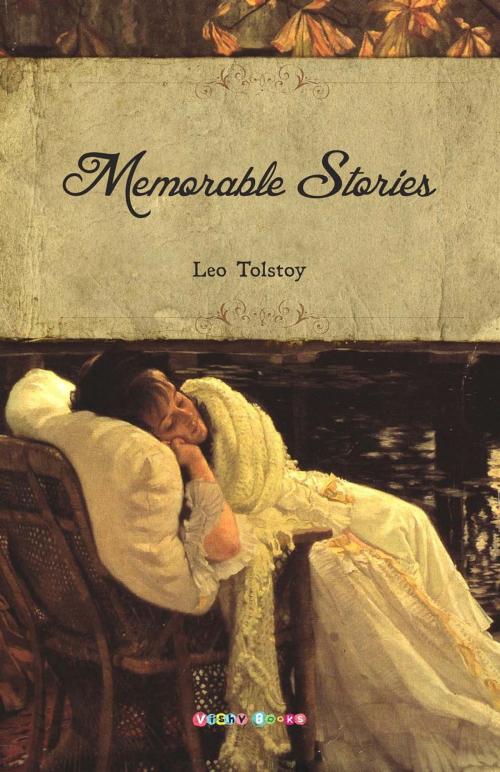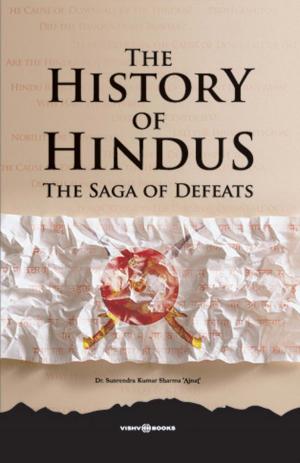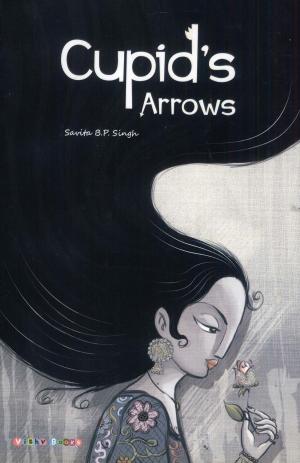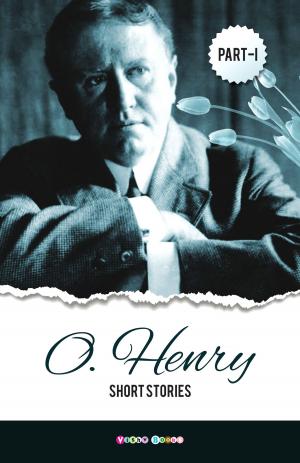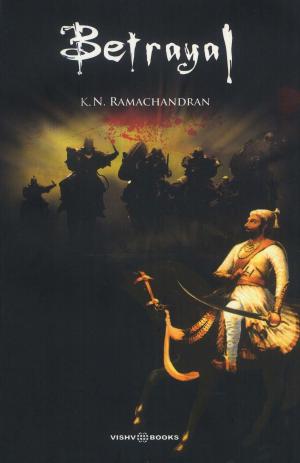| Author: | Leo Tolstoy | ISBN: | 1230001505634 |
| Publisher: | Vishv Books Private Ltd. | Publication: | January 14, 2017 |
| Imprint: | Vishv Books | Language: | English |
| Author: | Leo Tolstoy |
| ISBN: | 1230001505634 |
| Publisher: | Vishv Books Private Ltd. |
| Publication: | January 14, 2017 |
| Imprint: | Vishv Books |
| Language: | English |
Leo Tolstoy started writing short stories after he left the military in 1856 and grew as a new rising star in literature of Russia. The war of Crimea provided him the background for his future stories. However, “how much land does a man need” had always influenced him during his future writing to cover up the plot of poverty, greed and peasant’s life.
His works reflected his ideas about how people should go about their way of life. Leo used symbolism in his stories to teach a lesson and to convey message which often created a sense of urgency and panic. He also encouraged Communism and felt that Capitalism was a great evil that had to be conquered in order to eliminate all social evils. His attack continued on urban poverty, aesthetic, vegetarianism, capital punishment and the evils of alcoholism. He therefore tried to write concerning less educated people.
The most important part of his legacy in his defense of the individual personality and conscience in a world where such issues are under attack.
Leo Tolstoy started writing short stories after he left the military in 1856 and grew as a new rising star in literature of Russia. The war of Crimea provided him the background for his future stories. However, “how much land does a man need” had always influenced him during his future writing to cover up the plot of poverty, greed and peasant’s life.
His works reflected his ideas about how people should go about their way of life. Leo used symbolism in his stories to teach a lesson and to convey message which often created a sense of urgency and panic. He also encouraged Communism and felt that Capitalism was a great evil that had to be conquered in order to eliminate all social evils. His attack continued on urban poverty, aesthetic, vegetarianism, capital punishment and the evils of alcoholism. He therefore tried to write concerning less educated people.
The most important part of his legacy in his defense of the individual personality and conscience in a world where such issues are under attack.
